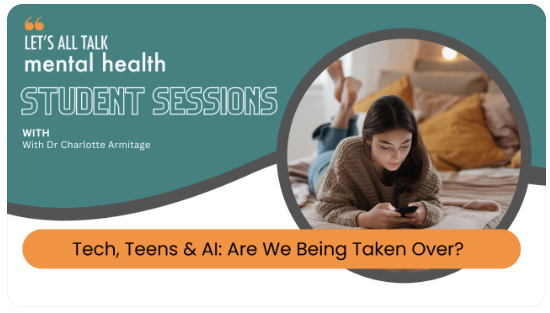SOCIAL MEDIA - I LOVE IT BUT I HATE IT
The Impact of Social Media on Adolescent Mental Health
Social media has become an integral part of modern life, especially for the younger generation. The allure of social media lies in its effortless stream of stimulation, visuals, and information, which can be both fun and compelling. This constant engagement often leads to a loss of time and a sense of addiction, affecting not just young people but adults as well.
The Appeal of Social Media
The design of social media platforms is highly sophisticated, making it difficult for users to disengage. The content is crafted to be compelling, drawing users in for extended periods. This phenomenon is not limited to the younger generation; adults also find themselves spending more time than intended on these platforms.
The Pressure of Online Personas
Adolescents face immense pressure to create and maintain an online persona. This pressure stems from the need for identity formation, a crucial aspect of adolescence. The constant stream of curated imagery on social media contributes to a generic and narrow representation of individuals, particularly affecting girls more than boys. This can lead to a lack of identifiable characteristics and increased pressure to conform to certain standards.
Mental Health Implications
The impact of social media on mental health is significant. The constant exposure to highly curated versions of other people's lives can lead to feelings of inadequacy and low self-esteem. The lack of privacy and the pressure to maintain an online persona add to the stress. Taking a break from social media can be beneficial, although it is challenging for many who are deeply connected to their virtual identities.
The Anonymity and Aggression Online
The anonymity provided by social media can lead to dehumanizing interactions. People often say things online that they would never say in person, leading to negative and aggressive behavior. This behavior does not contribute to a compassionate society and often leaves individuals feeling worse.
Navigating Social Media Responsibly
To mitigate the negative effects of social media, it is essential to:
Take Breaks: Regularly disconnect from social media to reconnect with the real world.
Engage in Real-life Interactions: Meet friends in person and engage in face-to-face conversations.
Be Skeptical: Verify information from reliable sources and be cautious of the content consumed online.
Avoid Negative Interactions: Refrain from engaging in online arguments and negative commentary.
Conclusion
Social media has a profound impact on adolescent mental health, contributing to stress, pressure, and negative self-perception. By taking breaks, engaging in real-life interactions, and being skeptical of online content, individuals can navigate social media more responsibly and protect their mental well-being.
For more insights on mental health, explore additional sessions on topics such as friendship issues, low mood and depression, and self-harm on the Let's All Talk Mental Health hub.




